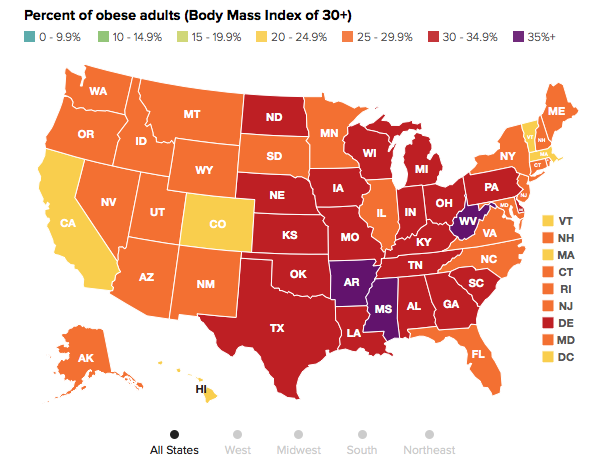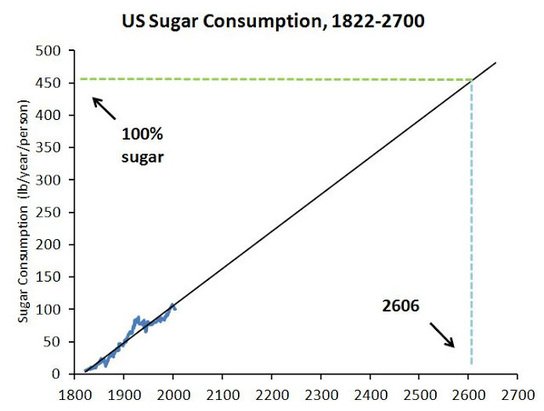DietSensor helps you Eliminate Symptoms of Type 2 Diabetes

Many times overeating can help bring on type 2 diabetes.It turns out that the opposite – a strict diet – might be the answer to that progressive, debilitating disease. In a study published in the current issue of Diabetes Care, researchers say an extremely low-carrie diet can mitigate and sometimes eliminate the symptoms of type 2 diabetes.
8 Stats That Will Make You Seriously Rethink Diabetes

Diabetes occurs when the body doesn’t produce or properly use insulin, a hormone in the body responsible for creating glucose. Glucose, in turn, is the body’s blood sugar, which is needed for immediate energy as well as storage of energy in the muscles and fat cells for later use. While Type 1 diabetes, which is usually diagnosed in childhood, is not yet preventable, Type 2 may be avoided with the right health behaviors. DietSensor shows you how.
Diabetes Diet : DietSensor Helps You In Creating A Healthy-Eating Plan To Keep Your Blood Sugar Under Control

A diabetes diet — medically known as medical nutrition therapy (MNT) for diabetes — simply translates into eating a variety of nutritious foods in moderate amounts and sticking to regular mealtimes. At DietSensor, we aims to make life with diabetes easier! And from now on, say goodbye to manual logging.
Adult Obesity in the United States: The State of Obesity

According to the most recent data, rates of obesity now exceed 35 percent in three states (Arkansas, West Virginia and Mississippi), 22 states have rates above 30 percent, 45 states are above 25 percent, and every state is above 20 percent. Arkansas has the highest adult obesity rate at 35.9 percent, while Colorado has the lowest at 21.3 percent. The data show that 23 of 25 states with the highest rates of obesity are in the South and Midwest.
DietSensor : Food Tips to Prevent, Control and Reverse Diabetes

Diabetes is on the rise, yet most cases are preventable and some can even be reversed. Taking steps to prevent and control diabetes doesn’t mean living in deprivation; it means eating a tasty, balanced diet that will also boost your energy and improve your mood. You don’t have to give up sweets entirely or resign […]
Daily chocolate intake linked to lower risk of diabetes, heart disease

There is some welcome news for chocolate lovers; new research suggests eating chocolate every day may lower the likelihood of diabetes and heart disease
Whole Health Source: By 2606, the US Diet will be 100 Percent Sugar

The US diet has changed dramatically in the last 200 years. Many of these changes stem from a single factor: the industrialization and commercialization of the American food system. We’ve outsourced most of our food preparation, placing it into the hands of professionals whose interests aren’t always well aligned with ours.
Understanding the American Obesity Epidemic

Obesity — everyone knows it’s bad and that it’s everywhere.
Nearly 78 million adults and 13 million children in the United States deal with the health and emotional effects of obesity every day. The solution to their problem could sound deceptively simple — take in fewer calories a day, while cranking up the calorie-burning process with regular exercise.
But it’s not just a matter of obese people deciding they’re going to eat less, says Donna H. Ryan, M.D., co-chair of the committee that wrote the recent obesity guidelines and professor emerita at Louisiana State University’s Pennington Biomedical Research Center in Baton Rouge.
The World Is Getting Fatter and No One Knows How to Stop It

Humanity is putting on weight. Across the globe, in wealthy countries and developing nations, among children and adults, an increasing number of people are overweight or obese. Today, nearly 40 percent of the world’s adults fall into one of those categories, according to new estimates by a global network of researchers called the NCD Risk Factor Collaboration.
Controlling blood pressure, sugar, cholesterol linked to lower cardiovascular disease

While controlling blood pressure, blood sugar and LDL-cholesterol levels reduces the risk of cardiovascular disease in people with diabetes, only 7 percent of diabetic participants in three major heart studies had recommended levels of these three factors, according to research from the Heart Disease Prevention Program at the University of California, Irvine School of Medicine.



